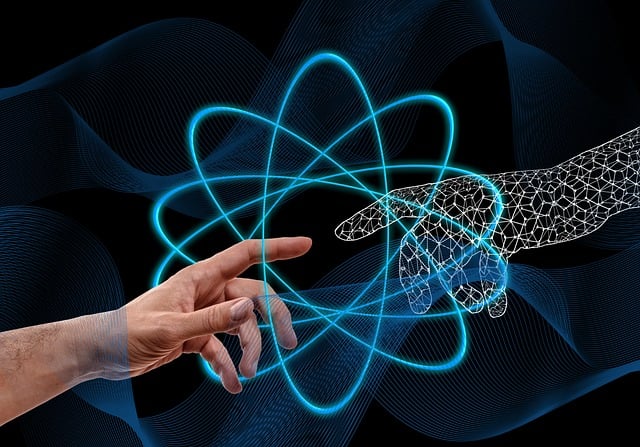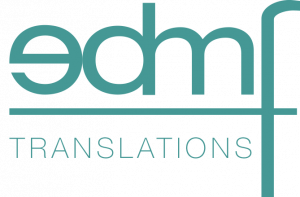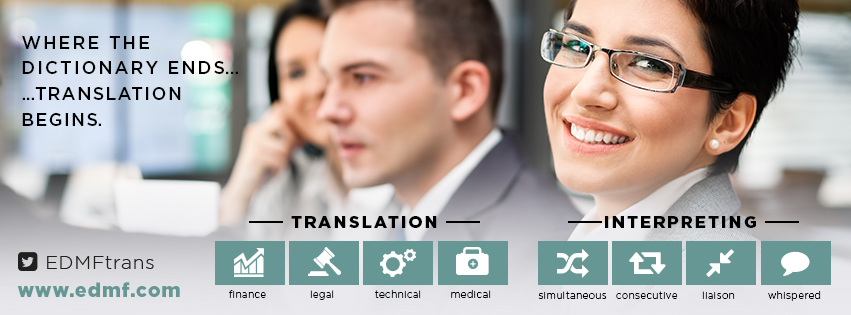In today’s global marketplace, translation is more than swapping words between languages, it’s about conveying intent, nuance, and trust. As artificial intelligence (AI) becomes more prominent in the translation industry, many businesses are tempted by its speed and low cost. But when the stakes are high – think legal contracts, regulatory filings or medical documentation – can you afford to rely on a tool that can’t be held responsible for its mistakes?
The rise of AI in translation
There’s no denying that AI-powered translation tools have come a long way. They process vast amounts of text in seconds and can turn texts into a dozen languages with a click. For casual, low-risk content, this is often enough. But as soon as the content becomes critical, when errors could mean legal disputes, fines, or even put lives at risk, the cracks in AI’s capabilities begin to show.
When accuracy is non-negotiable
High-stakes translation is about more than getting the gist right. It’s about ensuring every clause, instruction and nuance is faithfully rendered. Consider these scenarios:
- Legal contracts and agreements: One mistranslated term can shift liability or void an agreement.
- Pharmaceutical and medical documentation: A dosage error or misunderstood warning can have life-or-death consequences.
- Audit and financial reports: Inaccurate figures or terminology can lead to regulatory penalties.
- Regulatory filings and compliance documents: Ambiguity or mistakes can delay approvals or invite scrutiny.
- Technical manuals and product instructions: Misinterpretation can cause misuse or safety hazards.
In these contexts, a single error isn’t just embarrassing, it can be catastrophic. AI excels at speed and pattern recognition, but it falters where it matters most for critical documents.
Professional human translators are accountable for their work and can be held to legal and ethical standards (accountability). Language is full of subtleties. AI often misses idioms, cultural references, or the precise tone needed in legal or medical texts. For example, the word “reasonable” in a contract may have a specific legal interpretation that AI finds difficult to recognise and convey (context and nuance).
AI might produce translations that are technically correct but ambiguous or misleading. This can create loopholes, invalidate agreements, or lead to non-compliance. Human translators can clarify intent and ensure the meaning is unambiguous (ambiguity and misinterpretation). Words can carry different connotations across cultures. AI may inadvertently use language that’s inappropriate or even offensive in the target culture. Skilled human translators adapt content to local norms, ensuring it lands as intended (cultural sensitivity and localisation).

The human advantage
What sets professional translators apart isn’t just their command of language, it’s their understanding of context, their subject-matter expertise, and their commitment to quality. So when you need the advantage of human expertise, judgment and trust combined with the speed of AI, a hybrid workflow is what you are looking for, the best of both worlds.
Here’s how it works:
- AI handles the first draft, quickly processing large volumes of text.
- Human translators review and refine the output, correcting errors, ensuring nuance, and adapting for culture and context.
- For critical documents, certification is provided by a qualified professional, ensuring compliance with legal or regulatory standards.
This approach offers efficiency without sacrificing quality or accountability.
Why accountability matters for your business
If your organisation deals with high-stakes documents, accountability isn’t optional, it’s essential. It gives you legal protection. Courts and regulators often require certified human translations, and AI-generated documents may be rejected outright. It mitigates your risks. Human translators can be held responsible for errors, reducing the risk of disputes, fines, or damage to your reputation. And it fosters trust. Clients, partners and authorities are more likely to trust translations overseen by accountable professionals.
Choosing the right translation partner
When selecting a translation service for high-stakes work, look for:
- Professional certification and credentials
- Demonstrated subject-matter expertise
- A clear commitment to accountability
- A hybrid workflow that leverages both AI and human skill
At EDMF, we understand the risks and pressures you face when language meets law, medicine or compliance. Our certified translators combine linguistic mastery with deep industry knowledge, ensuring your documents are not just accurate, but also reliable and culturally appropriate.
With EDMF you get:
- Professional accountability – every translation is overseen by a named, qualified expert.
- Industry-specific expertise – your project is matched with a specialist who understands your needs.
- Rigorous quality assurance – every document goes through multiple checks before delivery.
- Hybrid workflows – AI can be used where it adds value, but always under human supervision.
- Certified translations – accepted by courts, regulators and international partners.

When you choose EDMF, you’re not just buying a translation, you’re gaining a partner who stands behind your most important documents.
As you consider your next high-stakes translation, ask yourself: can you afford to take chances with accuracy and accountability? Or do you want the peace of mind that comes with professional oversight?
Let EDMF help you navigate the complexities of high-stakes translation. Contact us today to discuss your requirements and discover how we can support your business with confidence and clarity.



